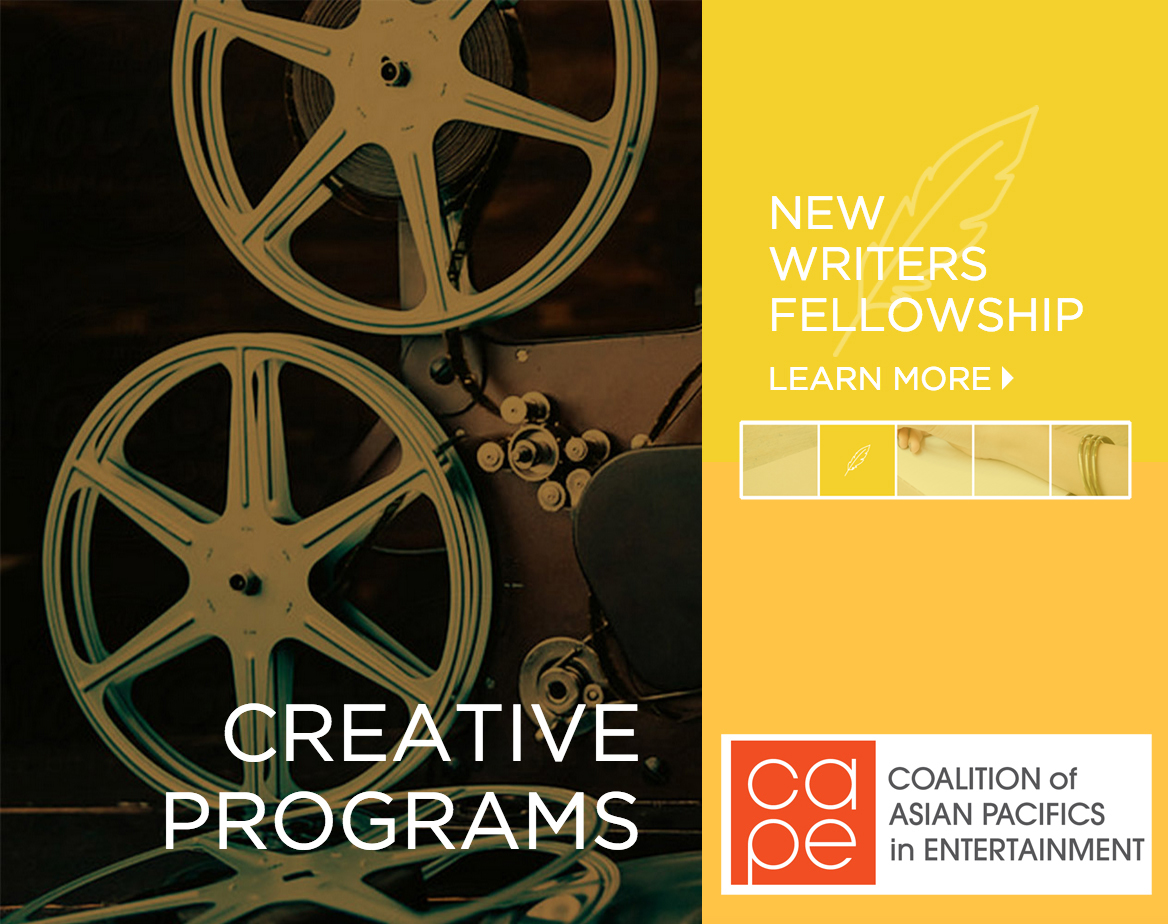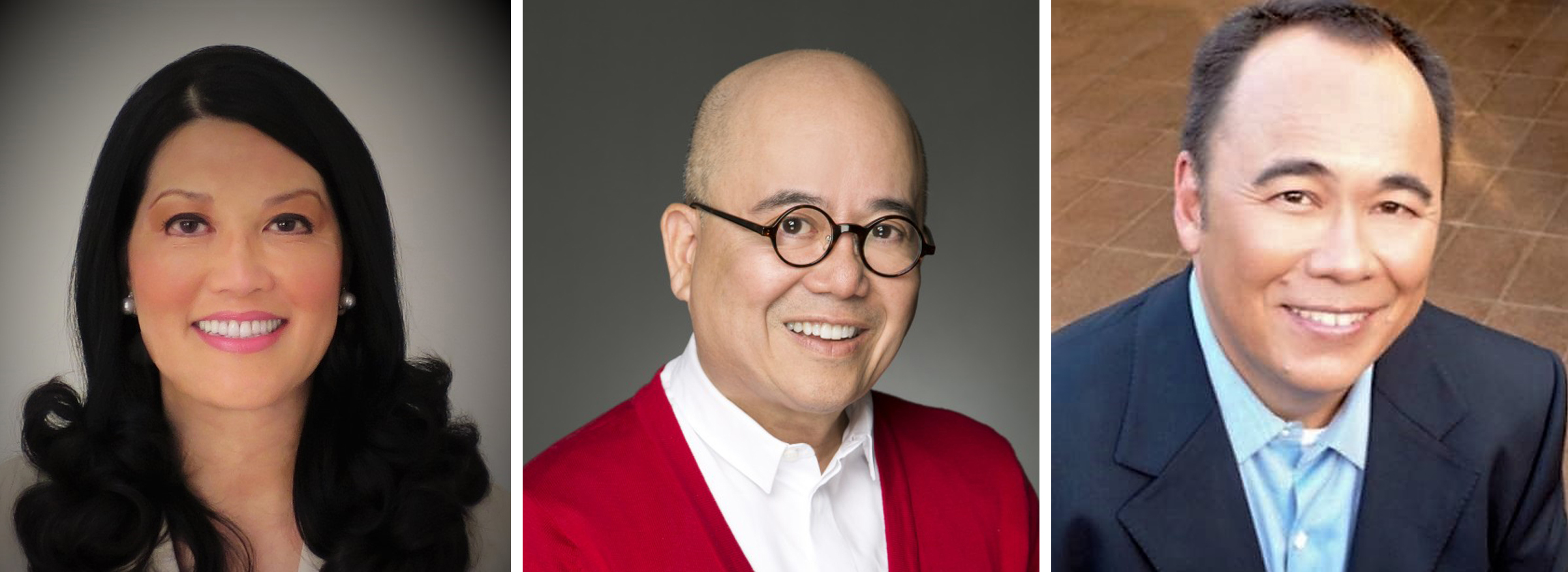
- HFPA
CAPE (Coalition of Asian Pacifics in Entertainment)
HFPA Grantee
Almost 27 years ago, Wenda Fong used to joke that there were more space aliens on TV or film than Asians. “We were invisible,” she said. “It was an isolating experience for those of us who have been in the entertainment business for three, four or five decades. It was as if we were the extraterrestrials on a planet on the far side of the moon called showbusiness.” So, on October 15, 1991, Wenda contacted Fritz Friedman and Chris Lee and gathered 19 friends, colleagues and community activists in the back room of a Chinese restaurant in Beverly Hills, and from that meeting the Coalition of Asian Pacifics in Entertainment or CAPE, was formed. Now, there are more than 10,000 supporters, all working in television and film.

Over the years, CAPE has organized programs, workshops, panels, seminars and mixers to help Asians in the entertainment industry. CAPE first applied for the HFPA grant in 2010 for the CAPE New Writers Award. HFPA seemed like a natural partner to support CAPE’s efforts to identify and nurture emerging writers as they launched their professional writing careers in Hollywood. It was a chance for both organizations to work together to diversify the face of media and elevate inclusive stories.
With funding from HFPA, CAPE was able to evolve the CAPE New Writers Award (CNWA) to the CAPE New Writers Fellowship (CNWF), an intensive multi-week program that arms young and emerging writers with the practical and business knowledge needed to succeed as a professional writer in the entertainment industry. Although the CAPE New Writers Award winners were very talented, they weren’t breaking into the industry. This lead to the development of the CAPE New Writers Fellowship, a much more high-touch talent development program that included master classes on the business side of entertainment. Today we have over 50 alumni of the CNWF, and we continue to find opportunities for our community of writers.
Michelle Sugihara of CAPE said, “The objective of the CNWF is to identify and nurture the next generation of AAPI writers, as well as ensure their sustainable careers.”
She added, “The CNWF features two components: (1) a Lab in which Fellows are mentored by a high-level TV writer or feature film producer, hand-selected by the CNWF leaders, to develop their scripts, and (2) Master Classes designed and curated to teach Fellows the business of being a professional writer in Hollywood. The CNWF is one of the only programs in the industry co-run by a Showrunner and an executive.” CAPE continues to improve and deepen the CAPE New Writers Fellowship curriculum every year. For example, after hearing feedback from the 2017 class, CAPE has implemented three new sessions to the 2018 curriculum: a legal session, headshot session and table reads.
To learn more about the CAPE (Coalition of Asian Pacifics in Entertainment), visit: https://capeusa.org/

